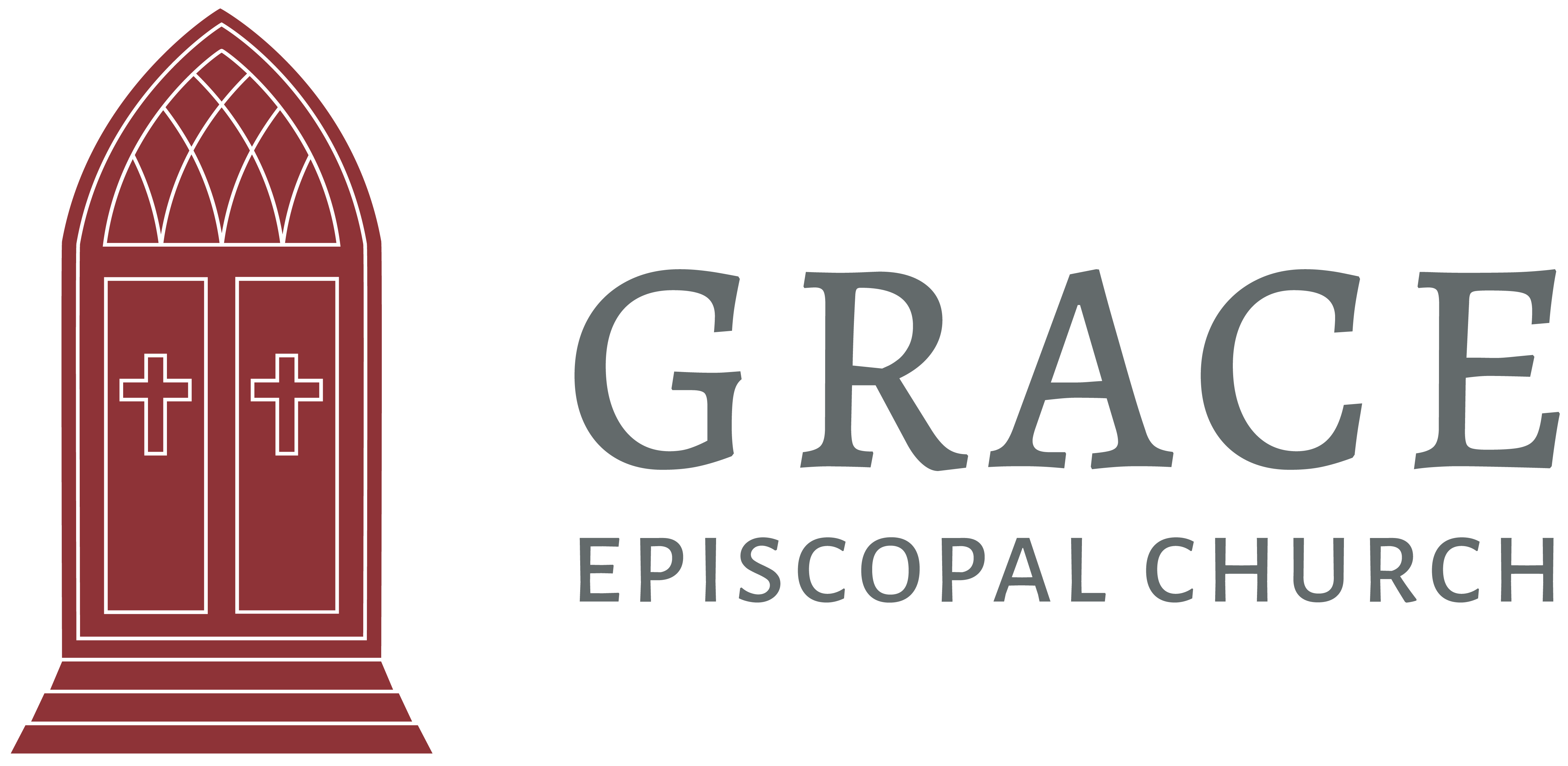Psalm 80; 2 Kings 5:1-19; 1 Cor. 4:8-21; Matt. 5:21-26
Can you be a ‘good guy’ and still be wrong about some major moral issues? Well, Naaman appears to fit the bill: he’s such a good guy that even his slave girl worries about his health and even Elisha (who has no love for Gentiles) is willing to heal him, and yet he’s also, in no particular order, a human trafficker (that’s how the little girl got enslaved in the first place), a whiz-bang expert at organized violence who works for the wrong team (that’s what a successful general for an enemy of Israel is, by definition), and so ambitious that he’s willing to cross his fingers while performing idolatrous rites in order to keep his corner office (vs 18). So no, he’s not a paragon of virtue–what he is, is a man of his times. Every ancient culture was violent and practiced slavery; ambition coupled with a tablespoon of hypocrisy is hardly limited to Gentile generals. Naaman’s not perfect: he’s better than he had to be.
Which is probably the good news in this story. We need, friends, to be better than our times–‘be then perfect as your heavenly Father is perfect,’ after all, is Jesus’ advice in Matt 5:48 (and yes, I well aware that the word ‘perfect’ here is probably better translated as ‘goal-oriented’ or ‘not distracted’ than as ‘always batting 1000’). But we also need to cut eat other some breaks. As long as I’m not better than my times–which sexualizes children in the interest of sales, elevates private rights over public good, and tolerates outright lies as long as they lead to short-term gain, among other charming tendencies–well, as long as I’m no better than my times, I have precious little right to demand other people be so. Yes, Bishop Meade of Virginia and Wm Porcher DuBois of Sewanee were racists by contemporary definition, yes Florence Nightingale was an imperialist who never questioned colonialism, yes Louis IX of France fought crusades (although he also ended the brutal and embarrassing Albigensian crusade against fellow Christians), yes some of the Christian leaders in the developing world today sound a smidge misogynistic–the question might ought to be whether they were better than they had to be, not whether they’d be good enough to pass muster today. Expecting the past, or for that matter people who aren’t blessed to live in the US today, to be perfect is a delusion, friends, at least until we can look ourselves in the mirror and say with a straight face, ‘yep, perfect, I’m the Francis of Assisi of my generation.’
I’m not excusing Naaman: he’s wrong, wrong, wrong about slavery, about serving the king and gods of Damascus. But he’s also apparently way better than he had to be, and he needs to get some props on that account. Like Noah, who was accounted ‘righteous in his time’ (Genesis 6:9) and not simply as ‘righteous without exception,’ sometimes being better than we have to be is enough justification for God to rescue us from the deluge of our times, enough justification to get us healed from our weaknesses and sicknesses.
